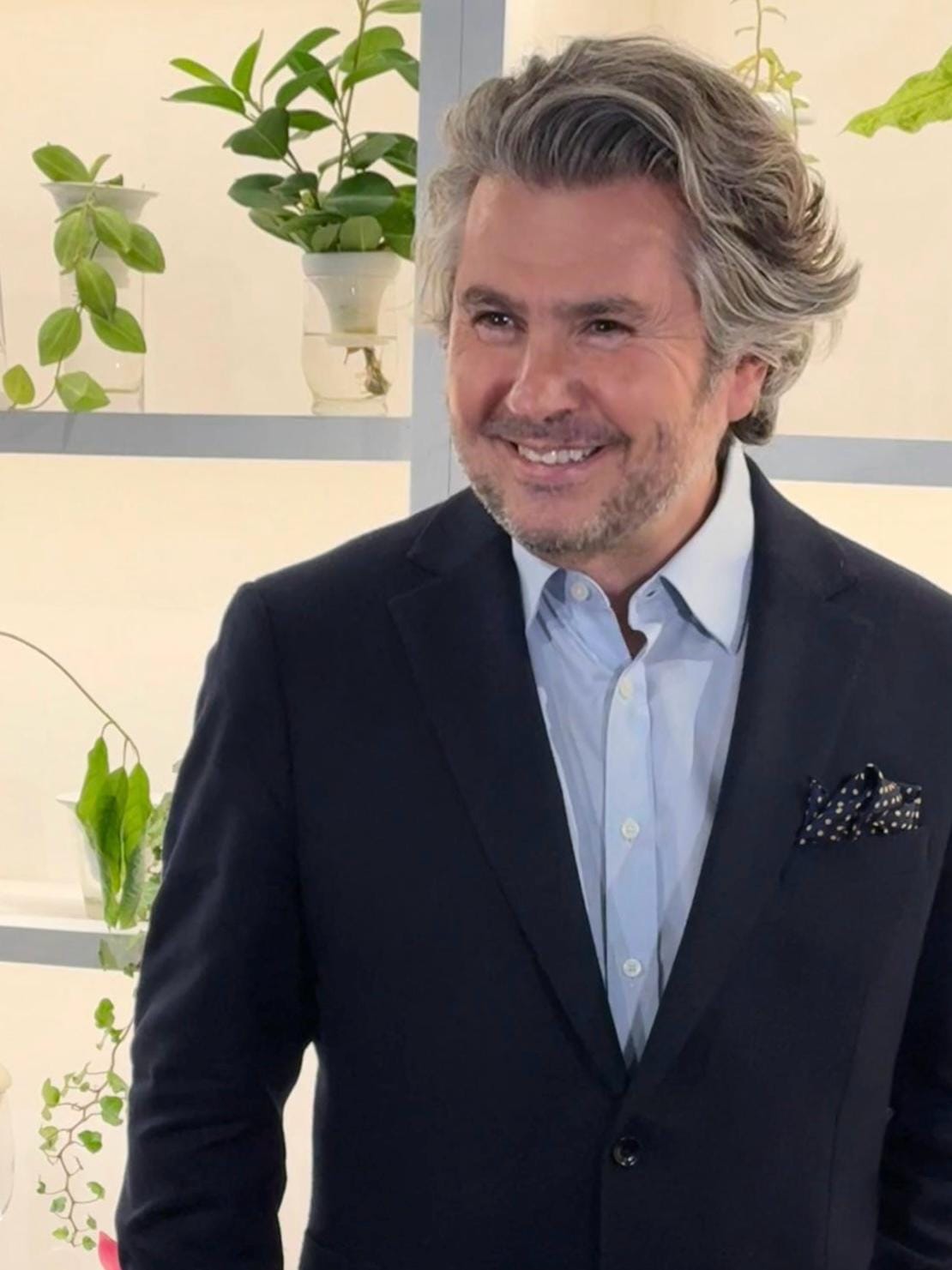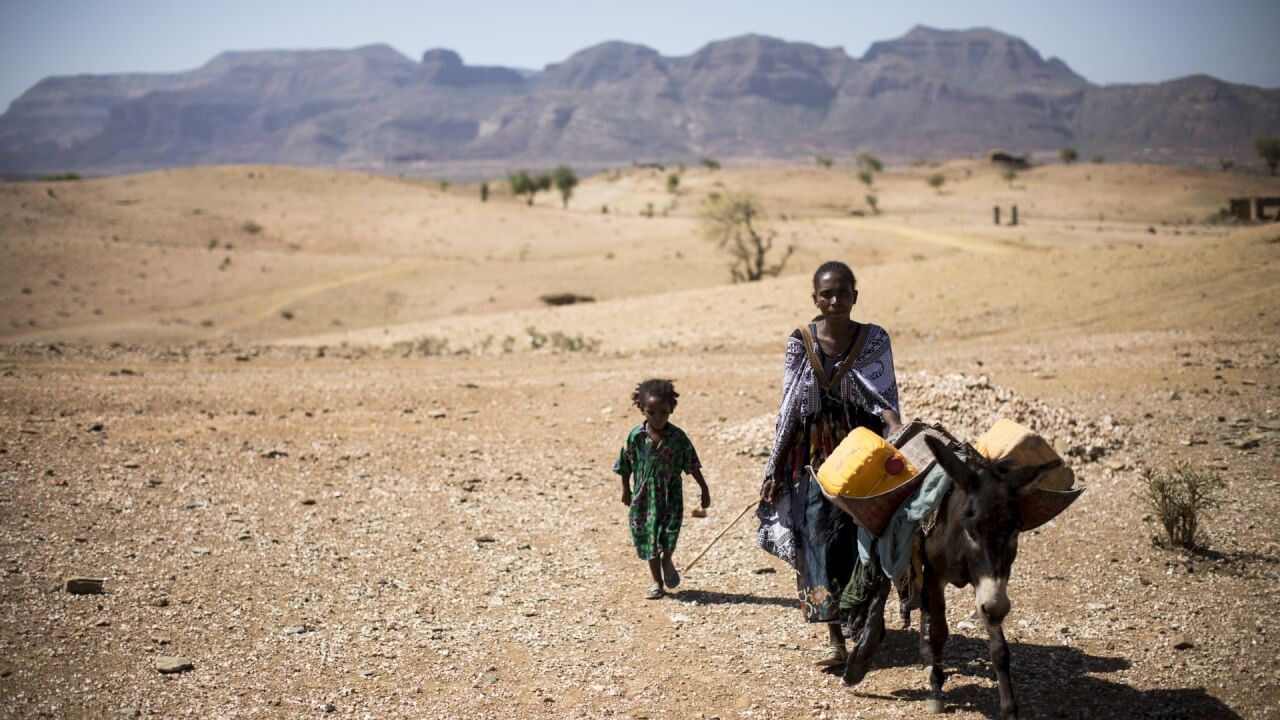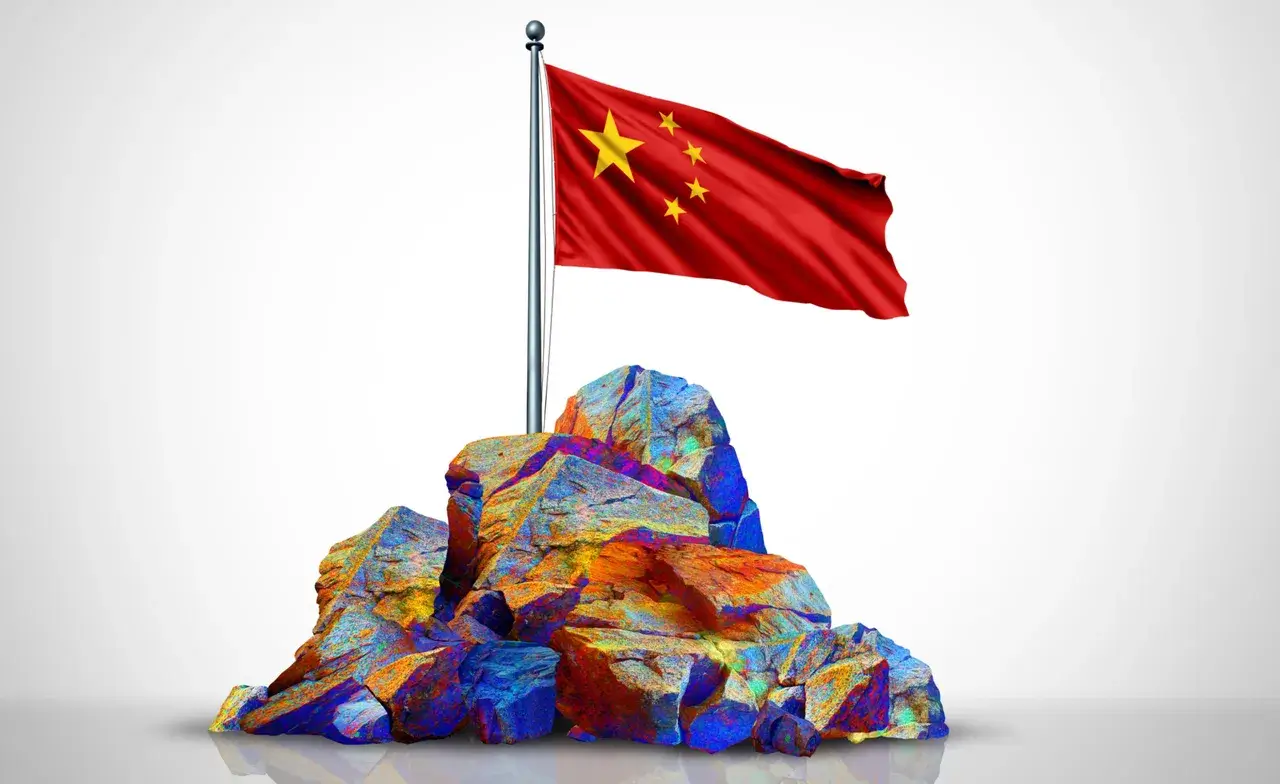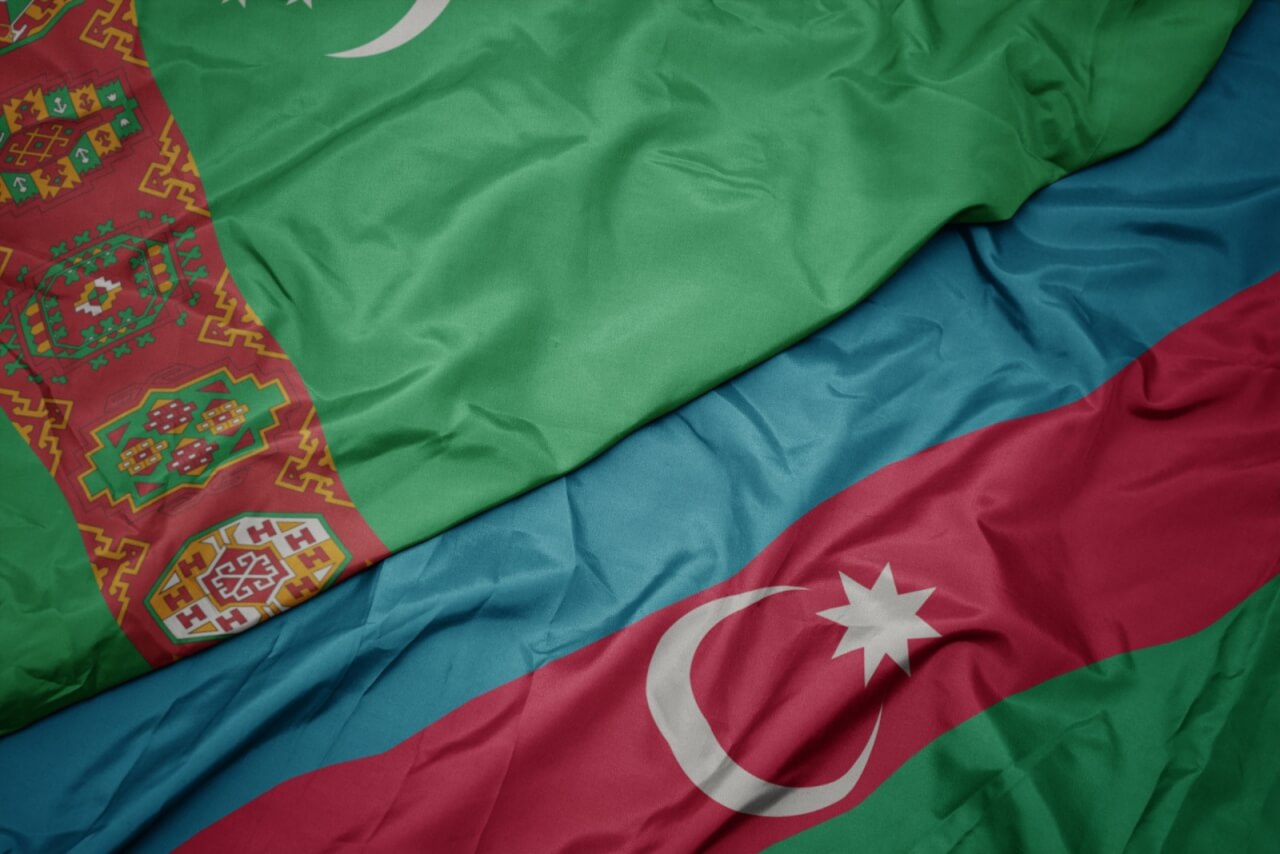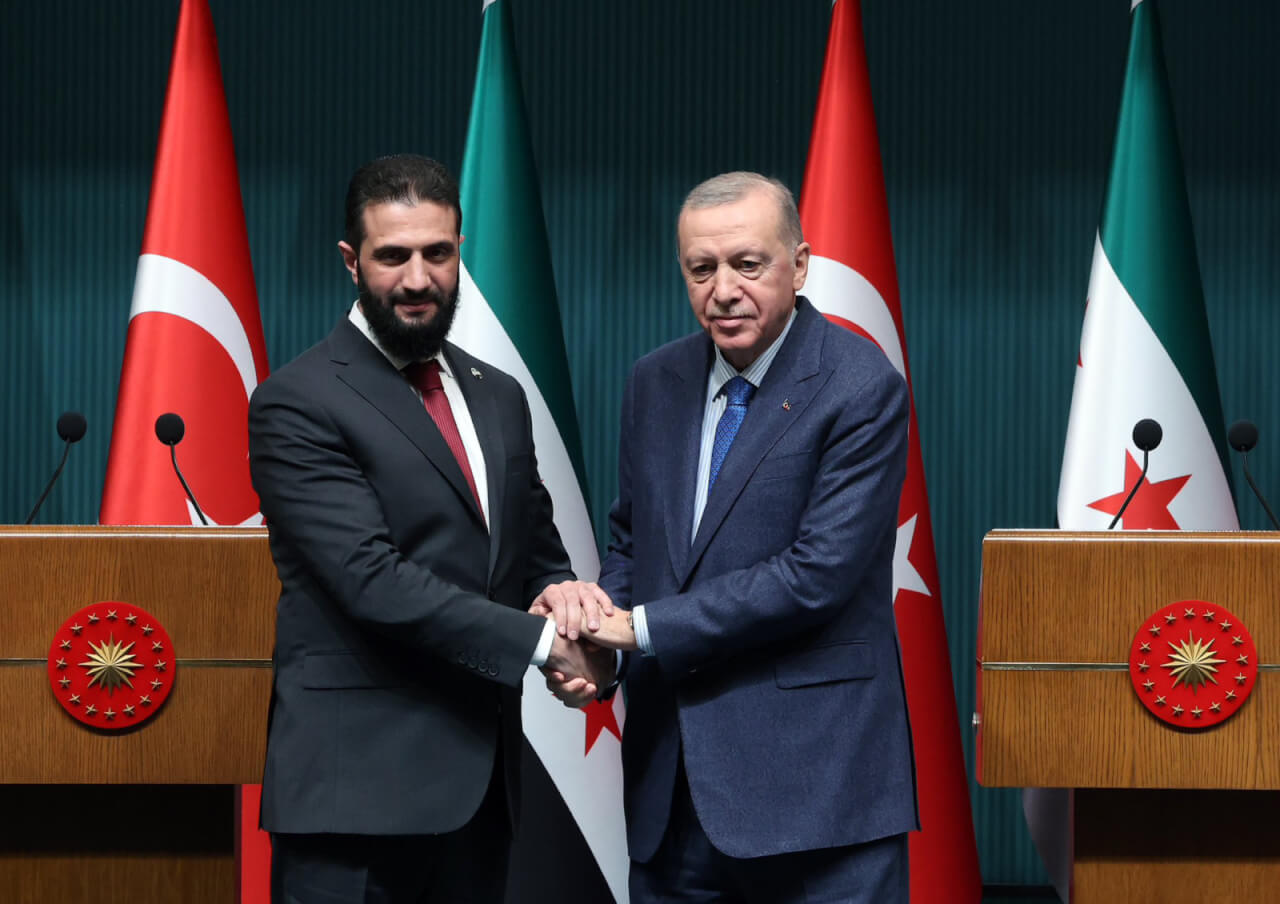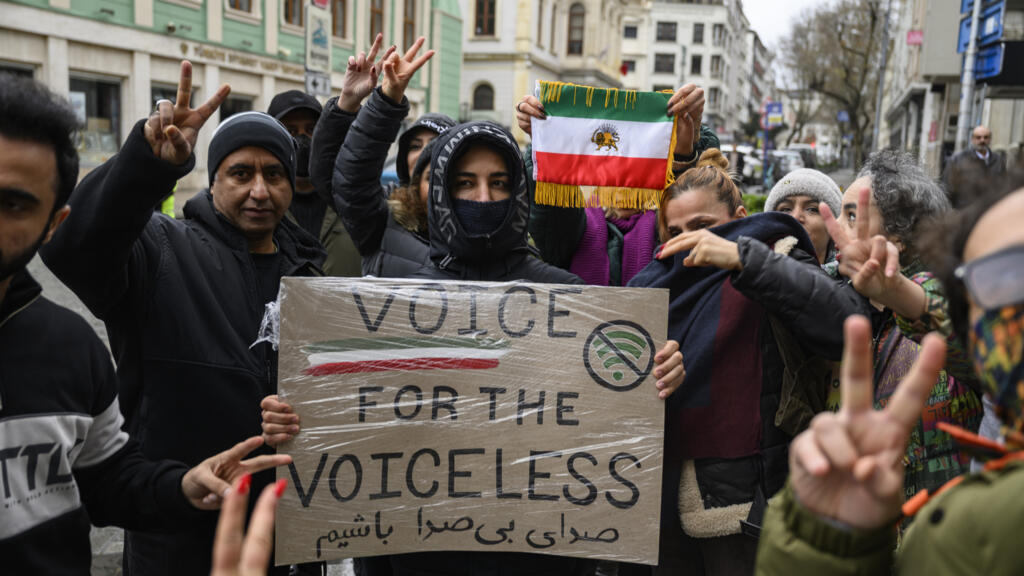In the Western imagination, Africa is still a continent of starving children, endless civil wars, corrupt regimes, and charity appeals. Yet behind this façade lies the raw material engine of the West’s dreams of digitalization, electrification, and green transition: gold, silver, uranium, coltan, lithium, natural gas, and a young, energetic workforce.
Africa is paradoxically emerging as the world’s most strategic continent in the 21st century while remaining mired in dependency, fragmentation, poverty, and insecurity. Without understanding this contradiction, neither the West’s sustainability discourse, nor China’s infrastructure diplomacy, nor Türkiye’s soft power vision in Africa can be assessed realistically.
Africa’s Paradox: Rich Soils, Poor Lives
• Africa holds 30% of global mineral reserves, 60% of the world’s uncultivated arable land, and 40% of solar potential.
• The continent has the highest fertility rates on the planet.
• 70% of global coltan lies beneath the Democratic Republic of Congo.
• Niger alone supplies 15% of the world’s uranium.
• South Africa ranks in the top three for gold and platinum production.
• Mozambique and Tanzania offer crucial rare earth alternatives to China.
But this wealth rarely translates into prosperity.
• 43% of Africans live on less than $2.15/day,
• Over 400 million people lack access to clean water,
• More than 600 million people are still off the grid.
The problem isn’t resource scarcity. It’s poor governance, opaque deals, debt traps, elite corruption, and vulnerability to divide-and-rule tactics.
China, Russia, Türkiye: New Powers, Old Questions
Africa is no longer about French or British colonial shadows. Today:
China builds dams, ports, and railways—and holds more African debt than any other nation. $4.5 billion Mombasa–Nairobi railway and Ethiopia’s 52% debt exposure that reflects a “build-debt-influence” model.
Russia exerts influence via private military groups like Wagner in Mali, Burkina Faso, Sudan, and the Central African Republic—offering protection in exchange for access to resources.
Türkiye, on the other hand, offers a different model. 44 embassies, over 40 Turkish Airlines destinations, and TİKA, Maarif Foundation, and Turkish security cooperation operate across the continent. Türkiye’s footprint is human-centric, not extractive. Unlike China or Russia, Türkiye doesn’t just build infrastructure—it builds relationships. It doesn’t import labor—it employs locally. It doesn’t enslave with debt—it invests in partnership.
The Rolex Paradox of African Leadership
When I launched the OECD-Africa Investment Programme and hosted our first forum in Johannesburg in 2018, a stark contradiction stood out: participants wore Rolex watches, arrived in armored SUVs, and wore Brioni suits. We were there to discuss poverty reduction. This underscored a painful truth: Africa’s real deficit isn’t capital or technology—it’s leadership, transparency, and accountability.
African Union: Ideal or Illusion?
The African Union aspires to continental unity, but remains hampered by internal divisions:
• Regional blocs like ECOWAS, IGAD, and SADC operate in silos.
• Insecurity reigns in Libya, Nigeria, and Ethiopia.
• Intra-African trade is just 16% (compared to 60% in Asia).
• Pan-African currency and joint defense remain aspirational.
Foreign powers exploit these divisions—ethnic and religious lines become tools of intervention and investment manipulation.
Türkiye’s Test: Lasting Partner or Passing Actor?
Türkiye is not seen merely as a trader or contractor, but as a trusted development ally. The following infrastructure projects demonstrate this.
• Security training and base establishment in Somalia.
• Construction of modern hospitals and urban renewal in Senegal.
• Dam construction and schooling initiatives in Niger.
• Industrial zones and vocational training in Ghana.
But can Türkiye maintain this line, resisting the temptations of neocolonial profit or arrogance?
It will depend on three principles: (1) Transparency in deals and diplomacy, (2) Local participation in decision-making, and (3) Education and employment over merely hard infrastructure. Fortunately, Türkiye is already building such a legacy—and it’s attracting attention as a model for others.
Africa Doesn’t Need a Savior—It Needs a Partner
Africa cannot be “rescued” by outsiders. But it can benefit from fair, ethical partnerships that empower, not exploit. Any serious player must break with
• the West’s postcolonial arrogance,
• China’s debt dependency model, and
• Russia’s coercive security-for-resource exchange.
Türkiye’s offer of humane, strategic partnership—if maintained authentically—could become the most credible and welcome model on the continent.
Not Just Minerals—But Dignity and Confidence
What will transform Africa is not just gold, gas, or rare earths. It is dignity, self-worth, and a new consciousness. Without these, any aid merely breeds new forms of dependency.
If Türkiye wants to be part of Africa’s rise, it must continue to build trust, not just projects. The day Türkiye becomes synonymous with opportunity—not exploitation—in African minds is the day both Africa and Türkiye will have won a new future together.
